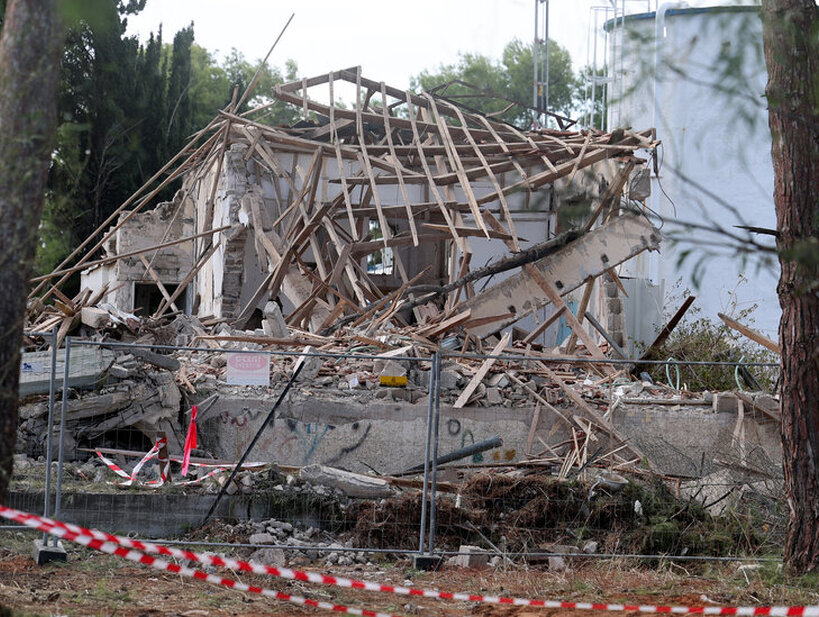
The ongoing conflicts in the Middle East involving Israel have reached a critical point. Israel, facing adversaries such as Hamas, the Houthis, and Hezbollah, is increasingly concerned about the involvement of Iran in these conflicts. Despite not sharing a border, Iran has been backing these militant groups, creating a situation of proxy wars and indirect conflicts. However, the recent ballistic missile attack carried out by Iran on October 1st has escalated tensions to a dangerous level, increasing the possibility of a direct war between Israel and Iran.
Israel has a powerful arms industry, producing weapons at a high capacity. This industry has remained robust, even amidst conflicts such as the one in Gaza. Additionally, Israel receives significant support from the United States, which has been supplying them with various military equipment since 2009.
On the other hand, Iran has prioritized the development of long-range and precision missiles, accumulating a large arsenal of ballistic missiles in the region. They also possess a substantial inventory of drones with impressive capabilities. The potential conflict between Israel and Iran could draw the United States, as one of Israel's closest allies, into the fray. The involvement of U.S. forces would significantly escalate the situation.
In response to the growing tensions, the U.S. has been considering increasing its military presence in the region. While the current intention is to prevent a wider war, there are concerns that this move could embolden Israel and further escalate the conflict. The United States has already sent an advanced missile defense system, THAAD, to Israel to enhance their defense capabilities.
An Israeli strike on Iran's oil facilities is a remote but concerning possibility. Such an attack could trigger retaliation from Iran or its proxies, potentially targeting refineries in Saudi Arabia or the United Arab Emirates. These developments could have devastating effects on the global economy, leading to higher gas prices, reduced economic activity, and even recession, particularly impacting poorer nations that rely on imported oil.
Past assumptions of both Iran and Israel avoiding direct conflict have been challenged. Recent events, including Iran's retaliatory attack using drones and missiles and Israel's ongoing bombing campaigns, have put the longstanding framework of deterrence at risk. The danger lies in both countries misjudging each other's responses, leading to further escalation and potentially a full-scale war.
The situation remains dire as Israel considers its retaliatory actions, and the international community watches with increasing concern. Diplomatic efforts continue, but the risk of a devastating war between Israel and Iran looms, with potentially catastrophic consequences for the region and the world.



















